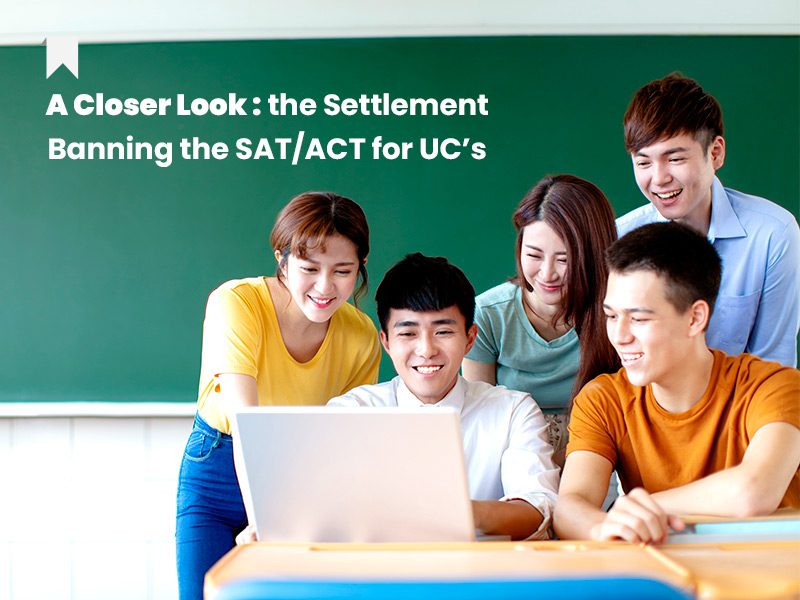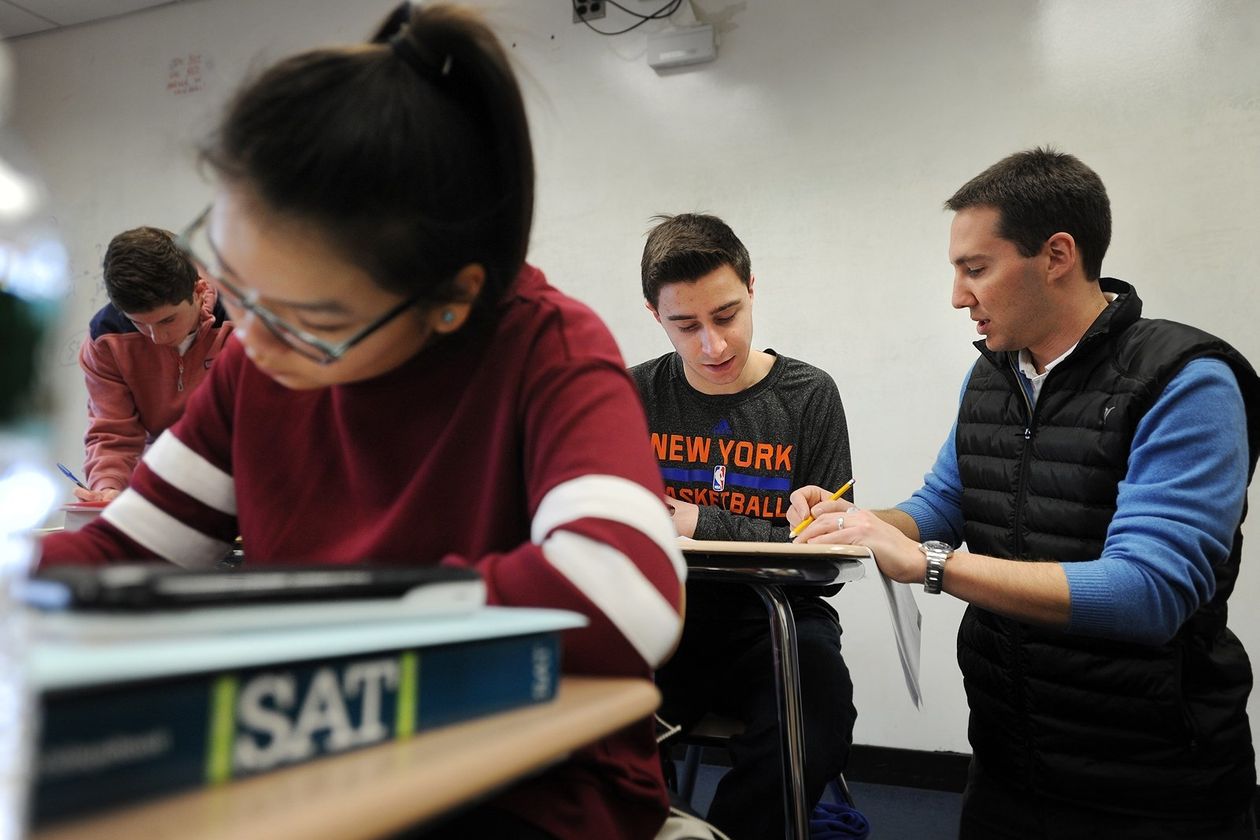What are the Best Colleges for Computer Science and Engineering?
Some of the best colleges for computer science and engineering collectively embody the most sought-after field in today’s college education. We are seeing unique offerings, from UIUC’s CS+X program to UC Berkeley’s coveted Management, Entrepreneurship, and Technology (MET) program.
When it comes to finding the top and best colleges for computer science and engineering, it all comes down to:
- Hands-on computer science and engineering curriculum
- Specializations available in the best computer science colleges
- Location near job opportunities for computer science and engineering majors
Will my Computer Science major degree get me into Amazon or Google?
First of all, a hands-on engineering curriculum refers to a practical and experiential learning experience where students aren’t just learning theory. It means working on real-life projects, case challenges, and collaborating with others to solve complex problems. It also means, being able to apply concepts in ways that build one’s resume. There are many best computer science and engineering programs that are based on theory. However, in today’s competitive job market, it’s all about how you can get the job done. After all, most students aren’t going into CS or Engineering to go into research. No, they’re looking to build cool stuff and work for Amazon or Google, or create the next multi-billion dollar startup.
Can I choose bioengineering or biotechnology as an engineering major?
Second, it’s important for students to focus learning on specific niche areas of interest. Areas like AI and machine learning, data science, and even Bioengineering or Biotechnology are all attractive career paths as majors in college. So, it’s a huge value proposition if a college offers specialized pathways of study.
Where should I study computer science or engineering major?
Third, location matters – a lot. If you go to a computer science or engineering college that’s nowhere near business jobs, then it doesn’t matter how high of a ranking that program is. In today’s job market, if you don’t have experience, then you’re not getting hired – period. A critical part of undergraduate years for computer science and engineering majors is developing work experience on your resume. So, choosing a college that’s reputable for employing students nearby is a massive point to consider. Therefore, here are our top seven favorite universities for undergraduate engineering programs, taking into account the above three criteria:
-
Massachusetts Institute of Technology (MIT)
How much does MIT care about experiential learning? It has an entire website dedicated to Experiential Learning Opportunities (ELO), to ensure its students get real-world experience from maker spaces to startups to research labs. Its vast array of Engineering specializations complements the hands-on, offering such pathways as Aerospace Engineering and Mechanical and Ocean Engineering. See here for MIT’s catalog of degree charts. Lastly, MIT’s central location is in the heart of Boston. It is near all the major employers in the East Coast, be it New York or DC. Of course, an MIT undergraduate with solid work experience would have no problem getting hired anywhere in the nation.
-
University of California, Berkeley
There’s only one Silicon Valley in the world, home to UC Berkeley’s College of Engineering which is world-renowned. Located between the technology hubs of San Francisco and San Jose, Berkeley Engineers learn with the sole intention of doing, be it finding breakthrough innovations or readying themselves for a competitive job market. Hands-on learning opportunities are abundant, ranging from rocketry to entrepreneurial endeavors. And UC Berkeley’s specializations are incredibly relevant to today’s job market, with the school offering everything from Bioengineering to Energy Engineering. It is no wonder why so many of the world’s top thinkers and innovators find their journeys start here.
-
Georgia Institute of Technology (Georgia Tech)
When you have a student-led electric racing team that wins, wins, wins, it’s hard to deny a top spot in our list of undergrad engineering programs. Georgia Tech offers one of the most inspiring programs available anywhere in the world, and much of it starts with its hands-on learning. Students have access to an Invention Studio and Aero Maker Space to put their learning to the test of real life. Specializations like Biomedical Engineering and Aerospace Engineering also make for a customizable experience. Lastly, being in Atlanta and situated nearby growing tech hubs in Virginia and the Carolinas, Georgia Tech students have no problem finding jobs in the area.
-
University of Southern California
Student led design teams: check. The opportunity to work with professors directly from freshman year: check. Half of all engineering classes involving hands-on projects: check. USC has a lot going for it, and its undergrad engineering program is one reason why. In addition to an incredibly hands-on experience, it provides students with the freedom and flexibility to specialize in Astronautical or Biomedical Engineering. They can also explore disciplines outside of engineering. Take all that and add it to the bustling job market of Los Angeles, and you have a winner.
-
Purdue
Some schools just have the right balance. When asking our 12th graders which kind of schools come to mind when they hear the word “balance”, Purdue is a common answer. From its Division 1 sports teams to its reputable programs in business, biology, and engineering, Purdue is a prime destination for undergrads. However, what sets its engineering program apart from most others is its innovativeness and hands-on learning aspects. Featured in this US News article, Purdue ditches the lecture halls for collaborative project-based learning environments. The emphasis is on entrepreneurial thought and creative problem solving. Specializations include Integrated Business and Engineering, along with Aeronautics and Biomedical Engineering. Though located in West Lafayette, Purdue shares close proximity with Chicago, Indianapolis, and Cincinnati, where employment opportunities are plenty.
-
University of Washington, Seattle
Location, location, location. Seattle is where it’s at, especially as Amazon’s home base and not far from Microsoft’s headquarters in Redmond, it offers the best colleges in engineering and computers science. Needless to say, the University of Washington is a prime destination for undergrads looking for a fast-track into the tech sector. UW’s curriculum pairs well for that. Collaborative, diverse, and experiential learning is the name of the game, be it in class or through a community, competition, or club. As for specializations, it’s one of the only colleges that offers a degree in Human Centered Design and Engineering. A testament to its forward thinking and relevance in today’s job market, in addition to its standard offerings in Bioengineering and Computer Engineering. If you don’t mind the rain and nice people, UW Seattle is a destination surely worth considering.
-
University of California, San Diego
UC San Diego, and San Diego in general, is arguably the best kept secret for colleges with engineering majors. Both startup activity and corporate presence has thrived for over a decade, and housing prices have been on a tear to reflect the abundance of opportunity. While UC San Diego has historically been known for its biomedical sciences, it is now one of the top places to go to the best Computer Science and Engineering colleges. Its Intro to Electrical Engineering class is literally subtitled “Making, Breaking, and Hacking Stuff”. Coursework like Rapid Prototyping or The Art of Product Engineering clearly demonstrate a cutting edge curriculum bent on providing students with a real-world edge. Lastly, the curriculum really comes to life when viewing UC San Diego’s specializations, which include amongst others Bioinformatics and Nano Engineering.
In conclusion, every university that offers computer science and engineering majors have something specialized. It is up to the students to choose the best program they wish to pursue.
As always, mentors and counselors at ReadyEdgeGo always offer “Free College Consultation.” Take your chance on us today!
You can access blogs about our “Biological Sciences” and “Pathway to Medicine” here.






















